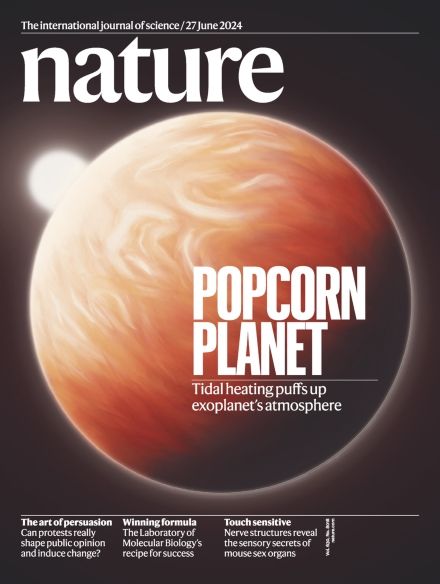Previously @NASA Sagan Fellow. @Gates_Cambridge
scholar at @Cambridge_Uni.

&
"An exceedingly generous observer might chalk up this divergence to the perennial conflict between scientists and their PR machines"
Great title: [Fill in the blank] Can’t Have It Both Ways
&
"An exceedingly generous observer might chalk up this divergence to the perennial conflict between scientists and their PR machines"
Great title: [Fill in the blank] Can’t Have It Both Ways
Not being facetious, legitimately asking.
Not being facetious, legitimately asking.
Bayesian evidence alone, coupled with exploration
of only a narrow part of the model space, has led
to contradictory interpretations."
Bayesian evidence alone, coupled with exploration
of only a narrow part of the model space, has led
to contradictory interpretations."
adequately fit a spectrum, a preference for one model
over another does not rule out the worse-performing
model."
adequately fit a spectrum, a preference for one model
over another does not rule out the worse-performing
model."
e.g., K2-18b MIRI - current data cannot rule out the scenario of a planet under radiative-convective-photochemical equilibrium (section Self-Consistent Models)
e.g., K2-18b MIRI - current data cannot rule out the scenario of a planet under radiative-convective-photochemical equilibrium (section Self-Consistent Models)
1) Constraining a parameter does not equal 'detecting' that parameter. I can add a none-sense parameter and get a tight constrain. This is the whole point of the cheese v. sponge example.
1) Constraining a parameter does not equal 'detecting' that parameter. I can add a none-sense parameter and get a tight constrain. This is the whole point of the cheese v. sponge example.
However, if we are going to argue about 'standard practices', the "consensus" (somewhat arbitrary) is to compare relative to the full hypothesis 2/2
Thanks for engaging!
However, if we are going to argue about 'standard practices', the "consensus" (somewhat arbitrary) is to compare relative to the full hypothesis 2/2
Thanks for engaging!
In general Welbanks & Nixon+ is not arguing against model comparisons but it is making an appeal to contextualize them. What two models did you compare? From that perspective Chubb+20 is doing that in the abstract: X sigma relative to blah. 1/2
In general Welbanks & Nixon+ is not arguing against model comparisons but it is making an appeal to contextualize them. What two models did you compare? From that perspective Chubb+20 is doing that in the abstract: X sigma relative to blah. 1/2
The scientist's paradox
The scientist's paradox
factor, B01, for each retrieval set-up, comparing the retrieval
with the specified molecule (C2H2, C2H4, CH4) included versus not included" - you want to compare against your full hypothesis space.
factor, B01, for each retrieval set-up, comparing the retrieval
with the specified molecule (C2H2, C2H4, CH4) included versus not included" - you want to compare against your full hypothesis space.

